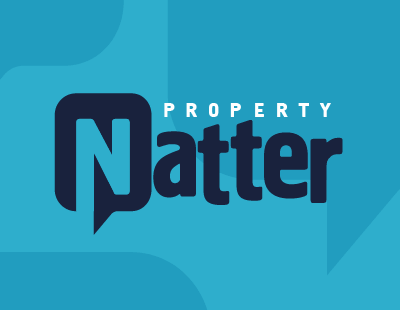Just this month, the Government Property Agency kicked off its search for a digital chief to lead its 10-year technology journey, influence direction across a wide range of technology areas, and have a real impact on business outcomes. A sign that the digital revolution has truly arrived.
We’ve seen a number of PropTech advances over the years - indeed, at Yoti we’ve been involved in a number of these areas including supporting the likes of Connells to manage high volumes of contracts that are both time and data sensitive – and keep the deals moving with happy agents, landlords and tenants.
After successfully transitioning its sales contracts (that brought improvements including 67% of contracts being signed within two hours along with cost savings), Connells introduced electronic signatures across its sales and letting business, bringing an intuitive and modern design to document completion.
The combination of a seamless eSign experience with digital identity verification, AML and KYC checks, meant that the estate agent could offer a solution that was quick to complete, but also added an extra layer of protection that safeguarded both them and tenants.
We’ve also seen improvements in electronic witnessing technology, which is changing the way businesses manage their documents and contracts whilst remaining compliant with HM Land Registry. By digitising their operations, lawyers and conveyancers are finally able to take a step back from paper processes that take several days and transform it into something that can be undertaken in a matter of minutes. Revolutionary!
The arrival of ODIA
More recently, we’ve seen the introduction of new Office for Digital Identities and Attributes (ODIA) in the Department for Digital, Culture, Media and Sport as an interim governing body for digital identities. It’s this office that will have the power to issue an easily recognised trustmark to certified digital identity organisations, to prove they meet the security and privacy standards needed to handle people’s data in a safe and consistent way. We fully expect to see more processes being digitised as ODIA ramps up its activity.
Changes in checks
Indeed, we’ve already seen a suite of changes introduced to vetting checks using digital identity including Right to Work, DBS and Right to Rent checks – the latter of which (historically) required landlords have sight of and physically check a candidate’s original documents. During the pandemic, guidance was changed to allow checks to be completed via a video call – an interim approach that has now been extended until September 30 2022. From April 6, landlords are now also able to perform Right to Rent checks using digital identity service providers (IDSPs) to future proof their processes for digitally-enabled tenants.
The robust checks carried out by IDSP’s will ensure faster approvals with no waiting required for additional steps, reduced friction - tenants can complete Right to Rent checks in seconds - and improvements in data security, taking sensitive data out of your inbox.
There are several questions I’d recommend landlords ask an IDSP, though, and top of the list is checking that they are certified - a list of certified suppliers will be found on the Home Office website with the first tranche set to be announced imminently. Certification will give landlords peace of mind that any Right to Rent checks comply with the statutory excuse.
I’d also counsel making sure that any partner shares your ethics with trusted security and processes as sharing highly sensitive personal details comes with great responsibility – and punishments should something go awry.
What’s coming next?
We’re seeing a growing number of inquiries from estate agents who are working to adhere to anti-money laundering and customer due diligence legislation – the community rule standard for the prevention of money laundering and terrorist financing - who need checks to comply with regulations and we expect further updates to be made to Practice Guide 81 (PG81) in reference to digital identity changes across HM Land Registry, so this will be something else estate agents will need to follow closely.
I’m sure I’m not alone in welcoming the fact that UK regulators are now allowing businesses to use technology to help streamline their processes and meet compliance requirements', however there’s still a lot of work to be done, especially in the area of collaboration and interoperability, across providers and across sectors.
It is becoming increasingly complex for estate agents to organise and manage multiple providers by applying single use identities, but I also recognise that we’re dealing with a multifaceted value chain and it can be very difficult to get everyone together and align on a process, but equally, we can’t wait for everyone. The pandemic has accelerated the drive and need for remote digital services
Now is the time to be building trust in digital identity verification as, no doubt, there are many more positive changes to come.
*John Abbott is Chief Commercial Officer at digital identity provider Yoti













.png)


.png)



Join the conversation
Be the first to comment (please use the comment box below)
Please login to comment